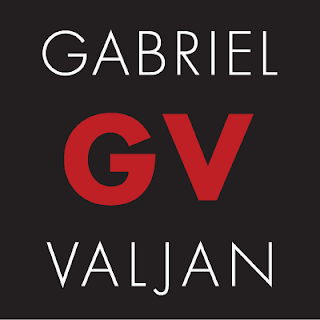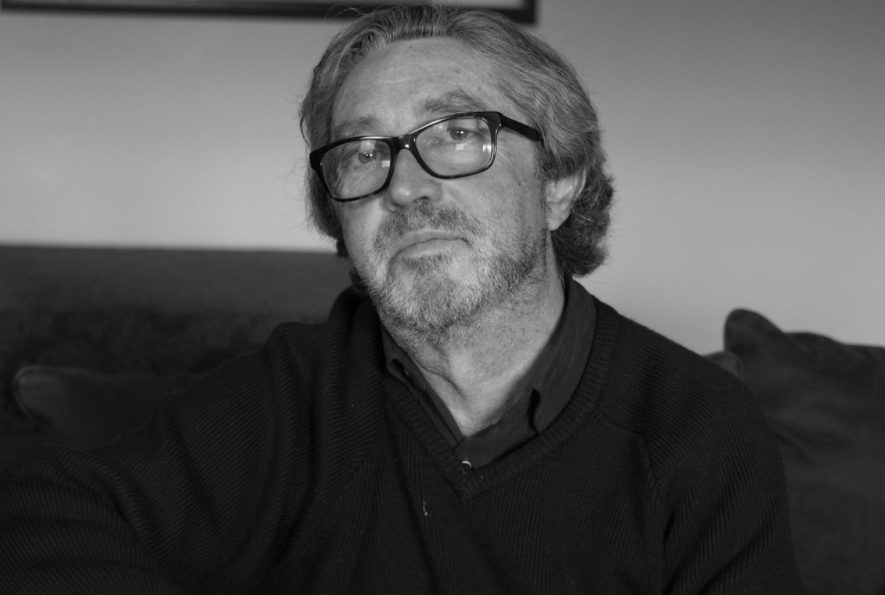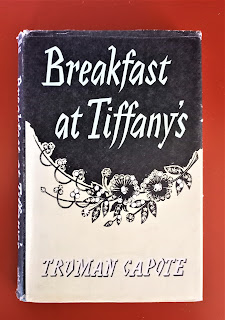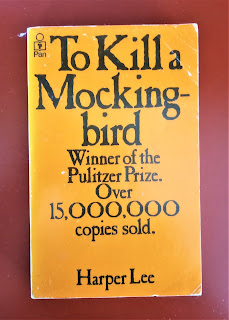 Besides manuals,
which books do you think make good masterclass material for crime writers?
Besides manuals,
which books do you think make good masterclass material for crime writers?
When it comes to gifts, parents fear the words: SOME ASSEMBLY REQUIRED. I feel the same way about HOW TO advice vis-à-vis the books that made me the writer before you because it would be disingenuous on my part.
Remember the Pritchard Scale in the movie Dead Poet’s Society? If you do X and Y as a Writer, there is this desired effect in the Reader. Robin Williams as Professor Keating calls BS on Pritchard because the academic approach is devoid of passion or individuality, and yet there will always be that one student in class who’ll raise his or her hand and say, “What do I have to do to get an A in this class?” I don’t know about you, but I had one of them in every one of my literature classes. The takeaway here is don’t think that if you follow Dr. J. Evans Pritchard’s advice, you will create Literature.
Let’s do the roll call of contemporary masterclass materials: Lawrence Block’s Spider, Spin Me A Web; George V. Higgins’s On Writing; Natalie Goldberg’s Writing Down the Bones; Lamott’s Bird by Bird; Snyder’s Save the Cat; Vonnegut’s Pity the Reader; Zissner’s On Writing Well; and King’s On Writing.
None of them did a thing for me as a writer because I’m gonna be me. Let me explain.
I was an only child, which means two things. One, I was left to my own devices and I figured out things on my own. I’m self-reliant, in the Emersonian tradition. Two, faced with the choice of pleasing others or being contrarian, I’ll choose anti-authoritarian. The reason why is that I learned long ago that the education system and society are all about conformity. It’s one massive game of Whack-A-Mole. As education is no guarantee for success, neither is having read everything. Maya Angelou, Ray Bradbury, Charles Dickens, and William Faulkner never graduated college. I’ve known doctorates whose writing is as dead as a wet match.
What’s a latchkey kid to do?
Read and read some more, but analyze why you enjoyed book X. Don’t do this the Pritchard way. Do this as if you were Frank Sinatra singing “My Way.” The nuance to analysis here is to uncover the less obvious beneath the surface. Writing is like learning a foreign language, you can drown in endless resources, or you can jump in and start talking, learn along the way, and make mistakes.
Context helps. Literary works are not monoliths. Chandler was a frustrated poet, which is why he was besotted with similes and metaphors. Most of them worked, some were roadkill. Both Hammett and Hemingway created a style in reaction to the never-ending paragraphs of writers such as Henry James. A less obvious observation is that, while Chandler is more poetic and Hammett is spare, Marlowe is far more cynical than the Continental Op. Marlowe is world weary and tired of the grind (think of all those scenes when he eyes his razor in the morning) while the Op sees his gig as a job. Observations like these lift you up from mere imitation and put you on the road to writing your way.
The list of crime fiction authors I have enjoyed is simply too lengthy. Burke. S.A. Cosby. Highsmith. Higgins. Hughes. Lehane. To cite a WHY, let me cite the example of Leonardo Sciascia’s The Day of the Owl because he showed me that for organized crime to work, it needs cooperation at all levels of society. That was a profound insight to me. I learn something from every writer, but I don’t want to write like them. On that note, my other advice is to read bad literature. Like that famous judicial pronouncement on what defines obscenity: you’ll know it when you see it.
When I hear writer advice or writing masterclass, I’m thinking that wannabee writers want a coach, someone who will inspire them to write every day. It’s not that I can’t appreciate how another mind thinks, but I don’t need a cheerleader. Some people need to feel the boot in the can. Neil Gaiman and Walter Mosley have interesting things to say in their Masterclasses online, but if you listen carefully, they discuss what worked for them.
I like what I like. I can try to explain why, but it’s indigenous to Me.
I can’t explain how I write the way I do because I simply do it. Homo faber.
For better or worse—every author I have read has influenced me. I latched onto the fact that attention spans have dwindled, so I read the Hemingway and Fitzgerald of journalism, Jimmy Breslin and Pete Hamill. If there’s one book that helped me the most, it was Dave King’s Self-Editing for Fiction Writers because I needed to teach myself how to line-edit, which is a different skill from proofreading and developmental editing. The chapters in his book are a tour of the kitchen and you learn how to take a knife to your prose. What you teach yourself, you never forget.
Understand that what works for you won’t for someone else.
Trust your instincts.
At the close of day, You gotta be You.

















